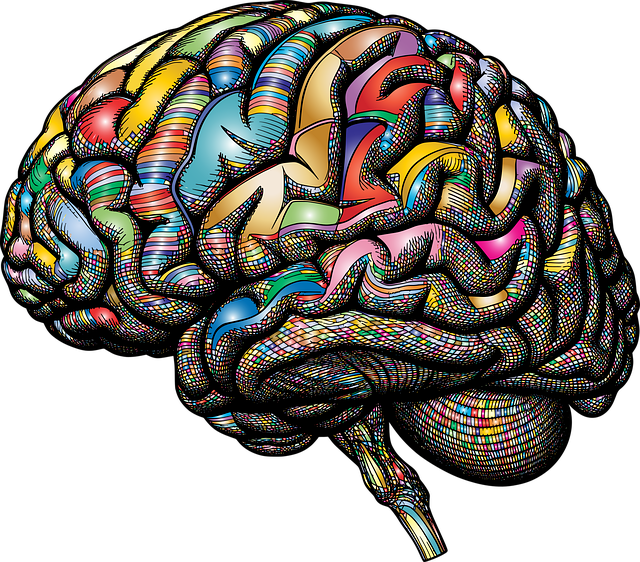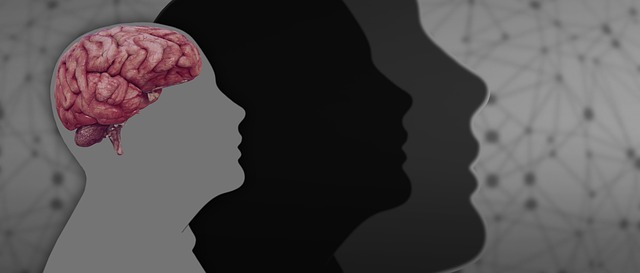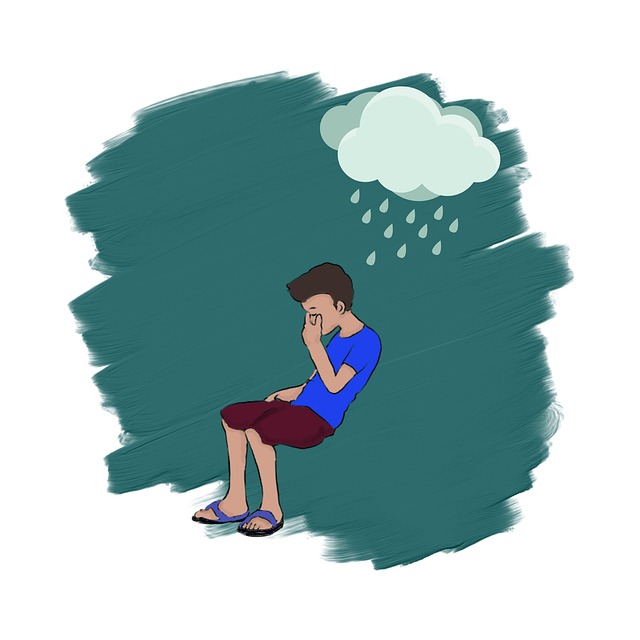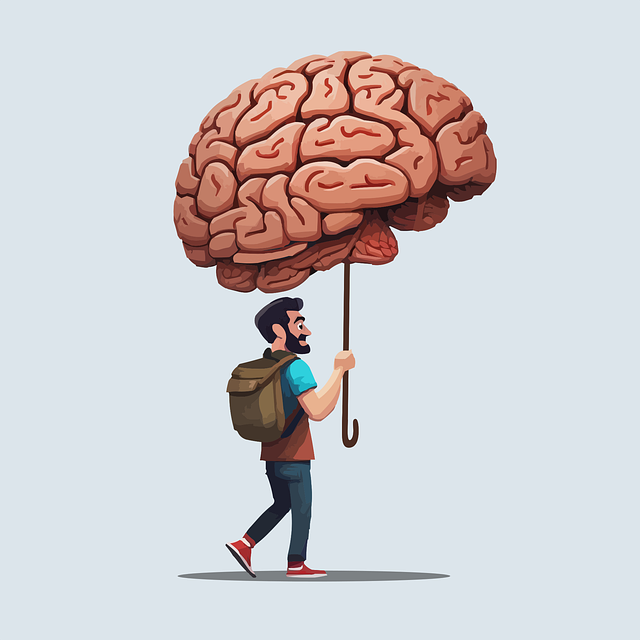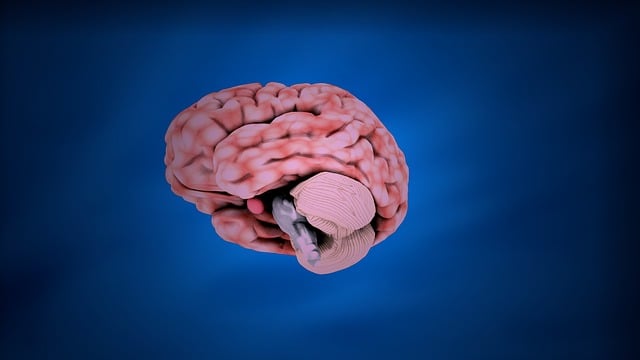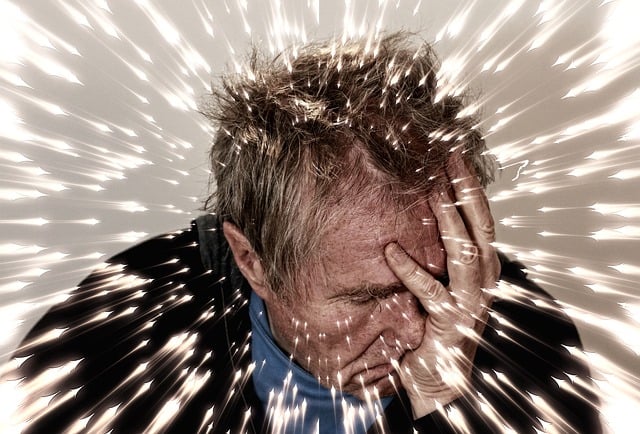Loss and grief significantly impact elders, with societal expectations often complicating emotional expression. Effective therapy for this demographic, especially men facing gender-related pressure to suppress emotions, requires tailored strategies. Safe communication spaces, self-awareness exercises, and cognitive-behavioral therapy (CBT) aid in processing grief and building resilience. Addressing specific mens' issues through tailored guidance promotes mental wellness and navigates unique challenges in loss and bereavement, ensuring healthier emotional coping mechanisms.
“Loss, grief, and bereavement counseling plays a pivotal role in supporting elders through life’s most challenging moments. This article delves into the unique perspectives and specific needs of elderly individuals facing loss, with a particular focus on men—a demographic often overlooked. We explore effective therapy approaches tailored to enhance emotional well-being, offering a comprehensive guide for professionals and caregivers. Understanding these processes is crucial in providing meaningful support, especially within the context of addressing men’s specific issues in counseling.”
- Understanding Loss, Grief, and Bereavement: A Unique Perspective for Elders
- The Importance of Counseling for Elderly Men: Addressing Mens Specific Issues
- Effective Therapy Approaches for Navigating Loss and Enhancing Emotional Well-being
Understanding Loss, Grief, and Bereavement: A Unique Perspective for Elders

Loss, grief, and bereavement are unique experiences for elders, often compounded by societal expectations and cultural norms that may discourage open expression of emotion. As people age, they typically face multiple life transitions, including the loss of loved ones, which can lead to complex emotional responses. Unlike younger individuals, elders might have different perspectives on death and grief due to accumulated life experiences and wisdom. They may also carry unprocessed traumas or unresolved issues from past losses that resurface during subsequent bereavements.
Understanding these nuances is crucial when providing therapy for elders, especially men who often face societal pressure to suppress their emotions. Effective counseling strategies should prioritize emotional regulation techniques tailored to the elder’s needs. Communication strategies that foster open dialogue and empathy-building can significantly aid in processing grief. By creating safe spaces for expression and sharing memories, counselors can help elders navigate their feelings, find meaning in their experiences, and develop adaptive coping mechanisms for future losses.
The Importance of Counseling for Elderly Men: Addressing Mens Specific Issues

In today’s digital era, it’s crucial to recognize that loss, grief, and bereavement impact everyone differently, particularly men as they navigate their mental wellness. Traditional counseling methods often underestimate the specific issues elderly men face when dealing with loss. The stereotype of masculinity can create barriers, leading many men to internalize their emotions rather than seeking therapy for elders’ men’s issues. This reluctance to discuss feelings openly can result in prolonged grief and increased risk of burnout prevention, especially when dealing with significant life changes.
A dedicated Mental Wellness Podcast Series Production can offer valuable Crisis Intervention Guidance tailored to these unique challenges. By encouraging open conversations and providing safe spaces, counseling sessions can help elderly men process their emotions healthily. Addressing mens specific issues in therapy promotes mental wellness, prevents crisis situations, and fosters resilience during times of profound change and loss.
Effective Therapy Approaches for Navigating Loss and Enhancing Emotional Well-being

Navigating loss, grief, and bereavement can be a challenging journey, especially for elders and men who may face unique barriers when seeking support. Effective therapy approaches play a pivotal role in enhancing emotional well-being during these difficult times. One such approach is self-awareness exercises, which encourage individuals to explore their feelings, thoughts, and memories associated with the loss. Through introspection, clients can gain valuable insights into their grief process, leading to better self-understanding and coping strategies.
Additionally, incorporating mind over matter principles has proven beneficial. Cognitive-behavioral therapy (CBT) techniques help clients challenge negative thought patterns related to loss and replace them with more adaptive beliefs. This mental reframe enables individuals to manage their emotions more effectively and foster a sense of resilience. For men, in particular, addressing traditional gender roles and encouraging open expression of vulnerability can be transformative. Risk management planning for mental health professionals is essential to ensure safe and supportive therapy sessions, allowing clients to explore their grief journeys without fear of judgment.
Loss, grief, and bereavement counseling are essential aspects of enhancing emotional well-being among the elderly, especially addressing men’s specific issues. By understanding unique perspectives and employing effective therapy approaches, therapists can navigate complex emotions and foster resilience in older adults. Counseling offers a safe space for elders to process their losses and regain a sense of control over their lives, ultimately improving their overall mental health. For those seeking therapy, these services can be a game-changer, providing support tailored to men’s challenges.

